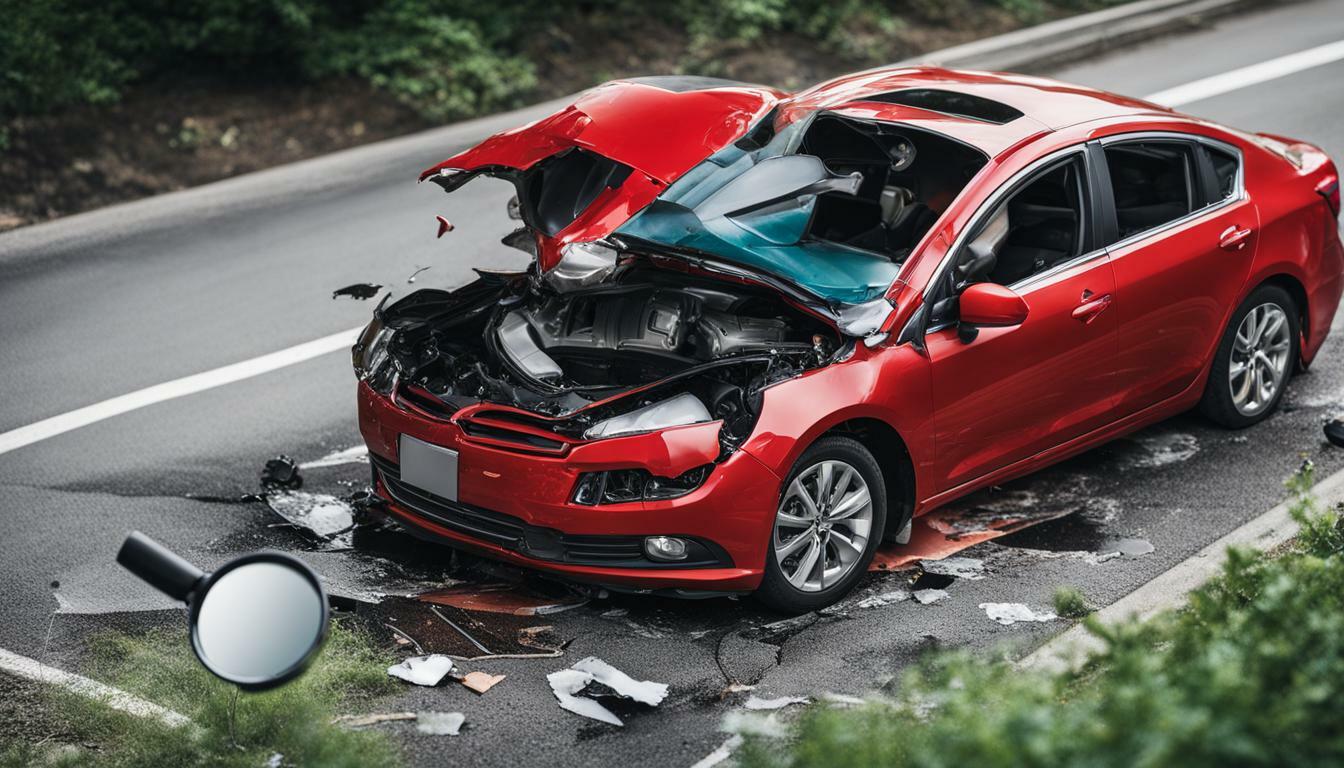Car accidents happen every day, and they can be costly, both financially and emotionally. That’s why having car insurance is essential to protect yourself and others on the road. But what happens if you’re involved in a collision? Will your insurance cover the damages? That’s where car insurance collision deductible comes in. In this article, we’ll explain what collision deductible is, how it works, and how to choose the right deductible for your needs.
What is Car Insurance Collision Deductible?
 Collision deductible is the amount you agree to pay out of pocket towards the cost of repairs or replacement of your vehicle if you’re involved in an accident. Your car insurance policy will cover the rest of the cost, up to the policy limit. In other words, it’s the amount of money you’ll need to pay before your insurance kicks in.
Collision deductible is the amount you agree to pay out of pocket towards the cost of repairs or replacement of your vehicle if you’re involved in an accident. Your car insurance policy will cover the rest of the cost, up to the policy limit. In other words, it’s the amount of money you’ll need to pay before your insurance kicks in.
How Does Car Insurance Collision Deductible Work?
Let’s say you’re involved in a collision that causes $10,000 worth of damage to your vehicle, and your collision deductible is $1,000. You’ll need to pay $1,000 towards the repair or replacement cost, and your insurance company will cover the remaining $9,000, up to your policy limit. If your policy limit is $50,000, your insurance company will pay up to that amount, minus your deductible.
Choosing the Right Collision Deductible
Choosing the right collision deductible can be a balancing act between your budget and your coverage needs. Here are some factors to consider when selecting a deductible:
- Your finances: Can you afford to pay a high deductible if you’re involved in an accident? If not, consider a lower deductible.
- Your vehicle’s value: If your car is older and has a low resale value, a higher deductible may be a better option.
- Your driving habits: If you’re a safe driver and rarely get into accidents, a higher deductible may be a good choice.
- Your location: If you live in an area with a high incidence of car theft or accidents, a lower deductible may be a better option.
Pros and Cons of Car Insurance Collision Deductible
Like any insurance policy, there are pros and cons to having a car insurance collision deductible. Here are some of the advantages and disadvantages:
Pros
- Lower premiums: The higher your deductible, the lower your premiums will be.
- More control over your policy: Choosing a higher deductible gives you more control over your policy and can save you money in the long run.
Cons:
- Out-of-pocket expenses: If you’re involved in an accident, you’ll need to pay your deductible out of pocket.
- Higher costs: A lower deductible may result in higher premiums, which can be costly over time.
FAQs:
Q: Is collision deductible the same as comprehensive deductible? A: No, collision deductible covers damages to your vehicle resulting from a collision with another car or object, while comprehensive deductible covers damages resulting from other events, such as theft, fire, or natural disasters.
Q: Can I change my collision deductible? A: Yes, you can change your collision deductible at any time, but you’ll need to contact your insurance company to do so.
Q: Does collision deductible apply to the other driver? A: No, collision deductible only applies to damages to your own vehicle, not to damages to another driver’s car.
Car insurance collision deductible is an essential aspect of your auto insurance policy. It can impact your coverage and premiums, so it’s important to choose the right deductible


